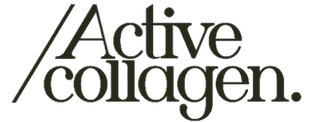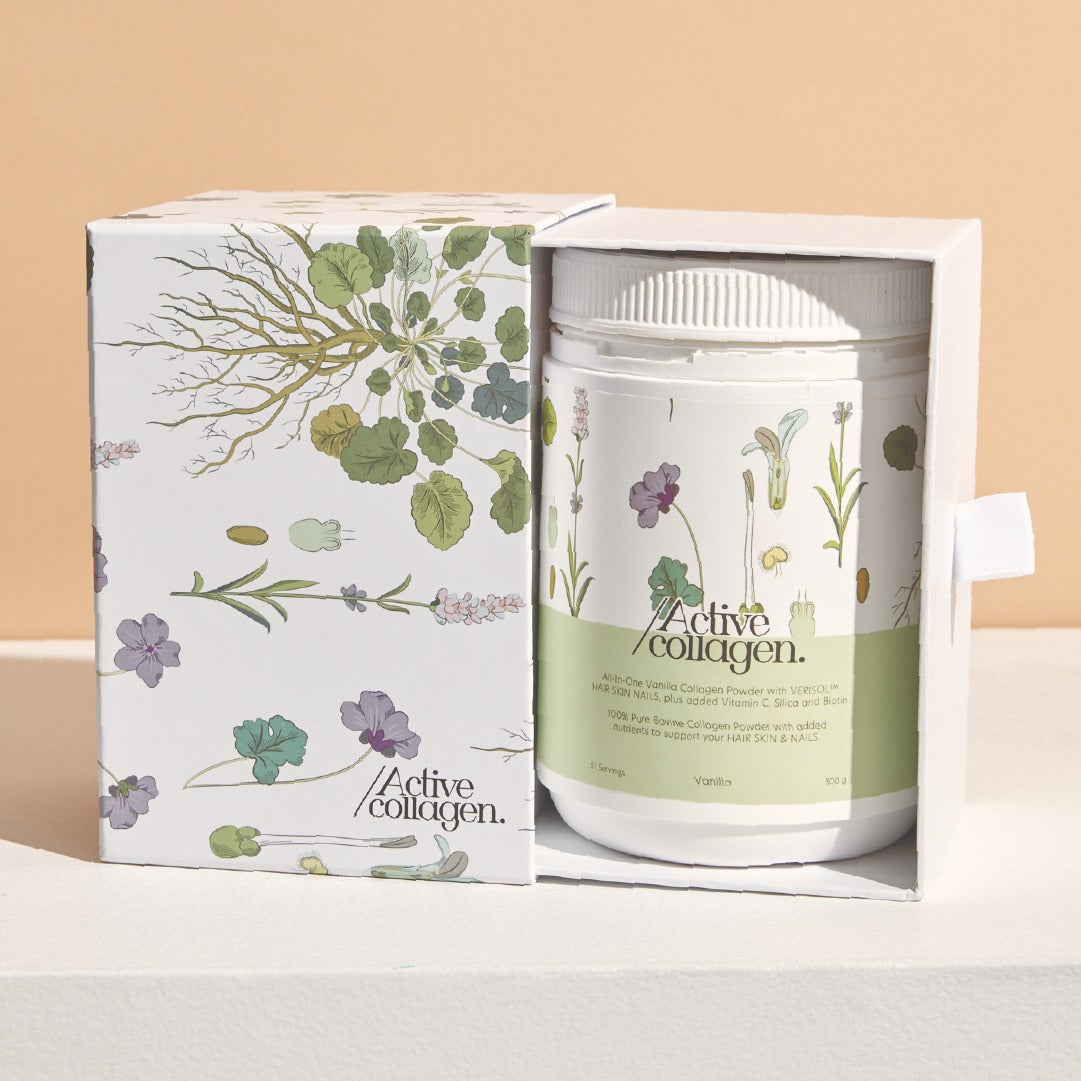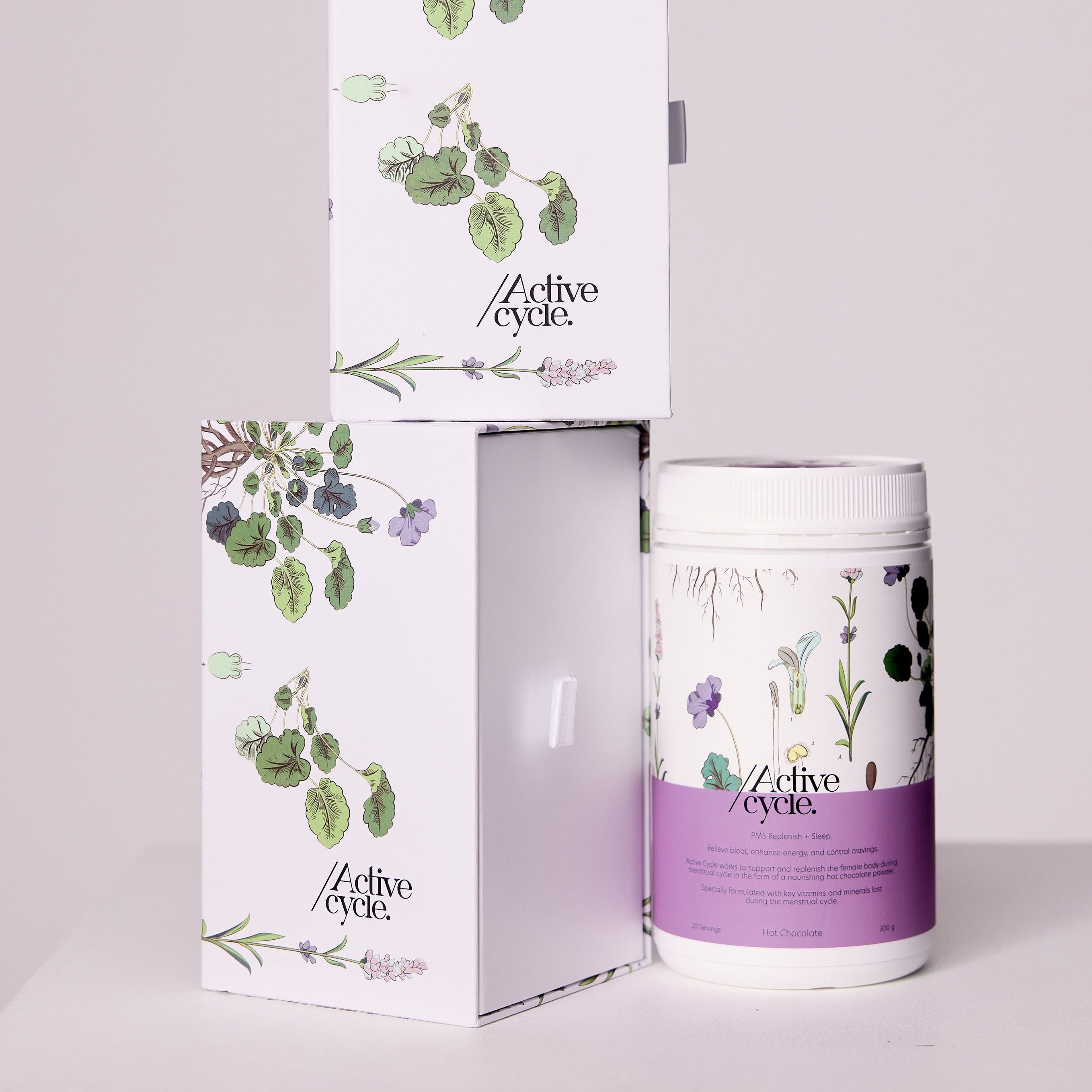So mumma, you’ve just been through the rollercoaster that is pregnancy and now you’re welcomed into the whirlwind that is postpartum and breastfeeding. You may be feeling a little overwhelmed and exhausted to say the least, especially when it comes to supporting your newborns nutrition.
The first 6 months of an infant’s life is fuelled by nutrient rich breast milk, which is imperative for healthy immune and gastrointestinal function, and brain development in the infant. And just like during pregnancy, lactation requires the mothers’ body to have higher than usual energy and nutrient levels for producing breast milk. Though, during the first few weeks postpartum, energy and time to prioritise a nutrient rich diet may feel few and far between.
However, don’t panic! There are some fabulous nourishing foods and nutrients you can prioritise for supporting not only the production of nutrient rich breast milk but also your own recovery following pregnancy.
Fats
Out of all the macronutrients, fats are one of the most important components making up breast milk. Fats provide a great deal of energy to the newborn as well as supporting brain and nervous system development through presence of essential fatty acids (omega-3, omega-6). Also, when it comes to feeding time, fats contain the taste and scent which helps with getting bubba to latch on!
Consuming an abundance of foods rich in healthy fats is super beneficial for your own recovery. These include foods such as avocado, extra virgin olive oil, oily fish, nuts and seeds, eggs and dairy. Fats are the highest energy providers for the body and keep you satisfied for longer, so a little can go a long way.
Interestingly, one fat soluble vitamin that is often found inadequately in breast milk is vitamin D. This is commonly related to low levels of sun exposure in the mother, usually in locations with lower UV intensities. Low breast milk vitamin D can affect infant development such as bone mineralization. Ensure you are getting daily sunshine and foods containing vitamin D like egg yolk, salmon, sardines and even certain fortified products such as milks and juices to boost breast milk vitamin D levels.
Vitamin B12
B12 is an essential nutrient for infant growth and development as it is involved in DNA synthesis and blood cell formation. In the first 6 months, infants require an intake of 0.4µg/day against the recommended intake of lactating mothers of 2.8µg/day. Levels of B12 in breast milk are highest in the first 4 weeks postpartum and decrease slowly in the weeks after. Which is why getting enough B12 through your diet is essential.
B12 is acquired through diet from animal sources, such as red meat, poultry, eggs and fish, but can be found in some fortified foods such as nutritional yeast. Due to this, if you are someone who follows a vegan or vegetarian diet it would be wise to talk to a professional about what B12 supplements are appropriate during lactation to avoid deficiency for you and your baby.
Folic Acid
Or folate, a type of B vitamin, is both necessary in higher amounts during pregnancy and lactation. Unlike other nutrients, getting the high requirements of folate solely through wholefoods is difficult. Which is why supplementation with folate is normally recommended.
The reason why folate receives its time in the spotlight surrounding pregnancy and lactation is due to the fact that it is necessary in abundance during periods of growth, development and reproduction. It is needed for the synthesis of proteins, DNA and RNA which maintains healthy cells in the body.
There are, however, many foods that naturally contain folate including dark leafy greens, broccoli, Brussels sprouts, asparagus, citrus, avocado, beans and other legumes. I don’t know about you but avocado, homemade baked beans and leafy greens for breakfast sounds good to us!
Iron
Iron is well-known for its role in maintaining healthy blood however it is also necessary for other major metabolic processes. Like women, newborns are susceptible to iron deficiency due to the demands on growth and development. Iron in breastmilk is highest in the first months postpartum and, although infant milk consumption increases over the first 6 months, total daily iron intakes decrease due to lowered concentrations.
Boosting your own iron intakes can help ensure milk concentrations don’t become too depleted and support your own energy. During lactation, mothers require an average of 9mg/day which can be obtained through consumption of both plant sources of iron, including legumes and nuts, and animal sources of iron, such as red meat. Although, when consuming plant sources it is best to pair them with a rich source of vitamin C, such as fresh tomato or lemon juice to increase absorption.
Vitamin B6
Although bubba will be born with a good amount of B6 in reserves acquired during pregnancy, this is only able to support them through the first few months if maternal breast milk is lacking in adequate amounts. B6 presence in breast milk is reduced during periods of maternal depletion aka if mum doesn’t have enough then neither will bub.
Alternatively though, supplementation and simply getting enough through your diet will improve breast milk concentrations and increase infant B6 status. In the US, studies have shown that maternal supplementation with B6 is able to rapidly increase concentrations in breast milk. B6 in the diet can be adequately consumed through prioritising foods such as meat, fish, nuts, legumes, wholegrains, bananas and potatoes.
At Active Collagen we know how exhausting life can get, especially during the postpartum period. If you’re looking for a way to boost all of these nutrients in a nourishing and convenient way try our specially formulated hot chocolate powder, Active Cycle. Perfect for when your short on time and energy, Active Cycle contains healthy fats, B complex vitamins and iron to help you reach your daily requirements during times of added nutrient demands.
Dror, D. K., & Allen, L. H. (2018). Overview of Nutrients in Human Milk. Advances in nutrition (Bethesda, Md.), 9(suppl_1), 278S–294S. https://doi.org/10.1093/advances/nmy022
Martin, C. R., Ling, P. R., & Blackburn, G. L. (2016). Review of Infant Feeding: Key Features of Breast Milk and Infant Formula. Nutrients, 8(5), 279. https://doi.org/10.3390/nu8050279
Morrow, A. L., & Dawodu, A. (2019). Fatty Acids and Fat-Soluble Vitamins in Breast Milk: Physiological Significance and Factors Affecting Their Concentrations. Nestle Nutrition Institute workshop series, 90, 57–67. https://doi.org/10.1159/000490294
National Health and Medical Research Council. (2006). Vitamin B12. Nutrient Reference Values. https://www.eatforhealth.gov.au/nutrient-reference-values/nutrients/vitamin-b12
Pawlak, R., Vos, P., Shahab-Ferdows, S., Hampel, D., Allen, L. H., & Perrin, M. T. (2018). Vitamin B-12 content in breast milk of vegan, vegetarian, and nonvegetarian lactating women in the United States. The American journal of clinical nutrition, 108(3), 525–531. https://doi.org/10.1093/ajcn/nqy104
Chan, Y. M., Bailey, R., & O'Connor, D. L. (2013). Folate. Advances in nutrition (Bethesda, Md.), 4(1), 123–125. https://doi.org/10.3945/an.112.003392
National Health and Medical Research Council. (2006). Iron. Nutrient Reference Values. https://www.eatforhealth.gov.au/nutrient-reference-values/nutrients/iron
Allen L. H. (2012). B vitamins in breast milk: relative importance of maternal status and intake, and effects on infant status and function. Advances in nutrition (Bethesda, Md.), 3(3), 362–369. https://doi.org/10.3945/an.111.001172
Brown, M. J., Ameer , M. A., & Beier, K. (2022). Vitamin B6 Deficiency. In StatPearls. StatPearls Publishing. https://pubmed.ncbi.nlm.nih.gov/29261855/




